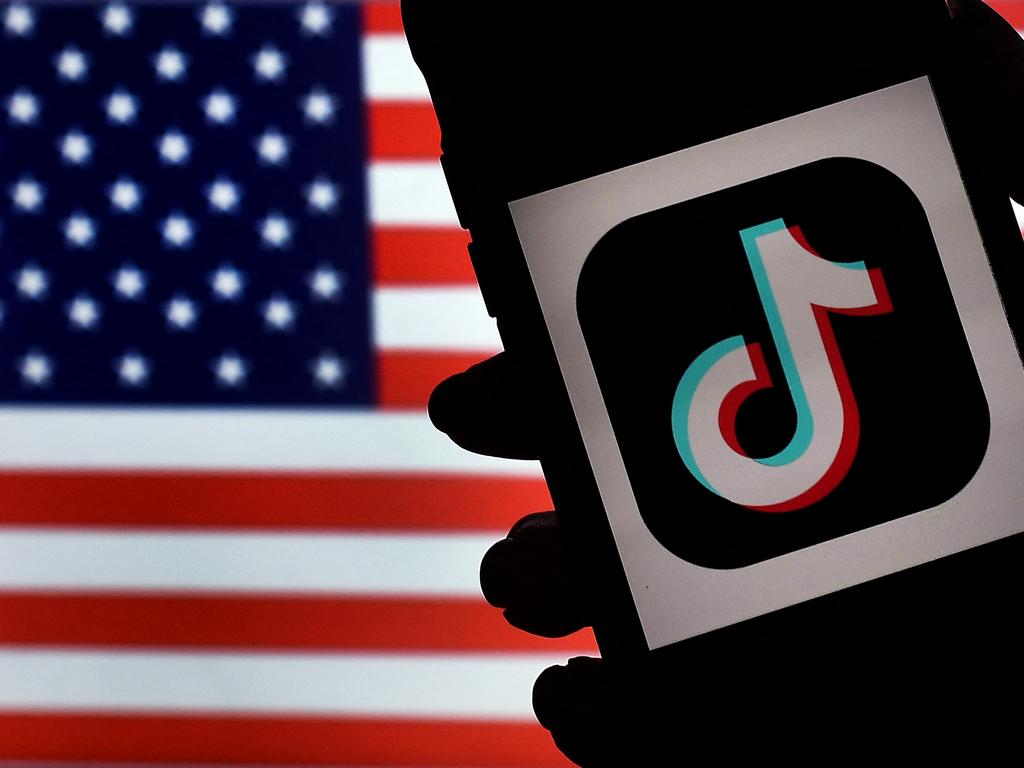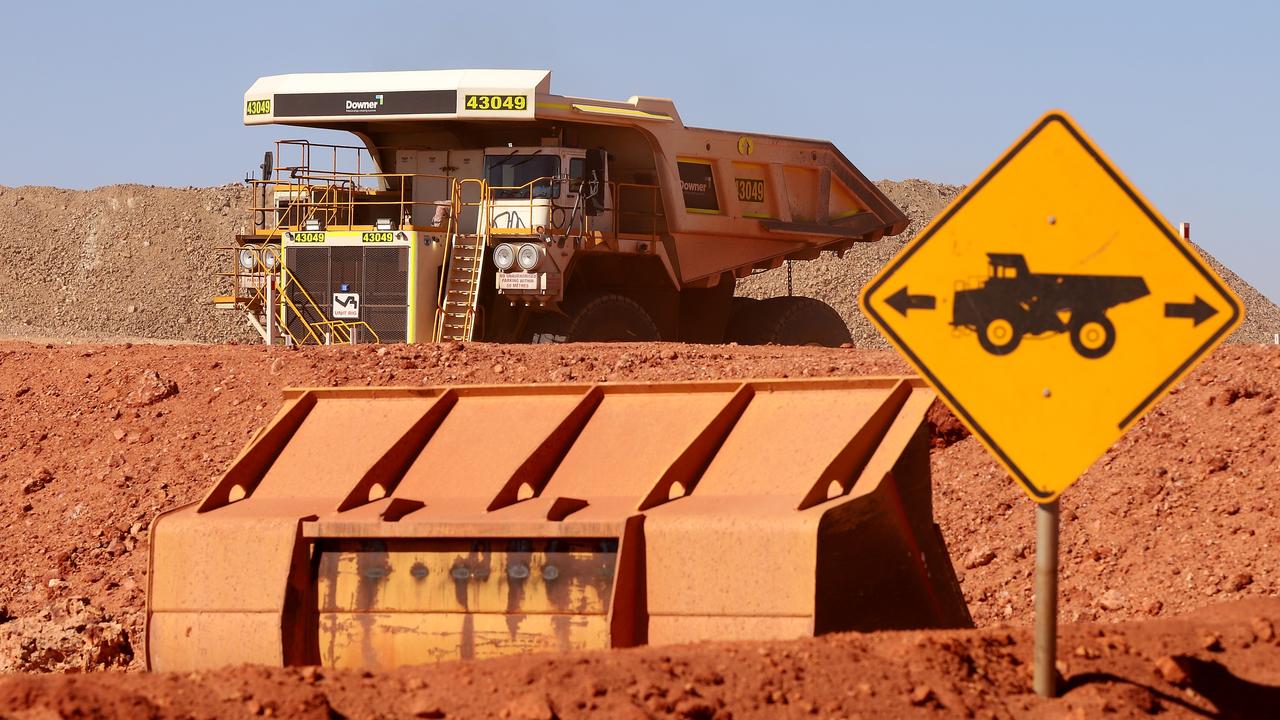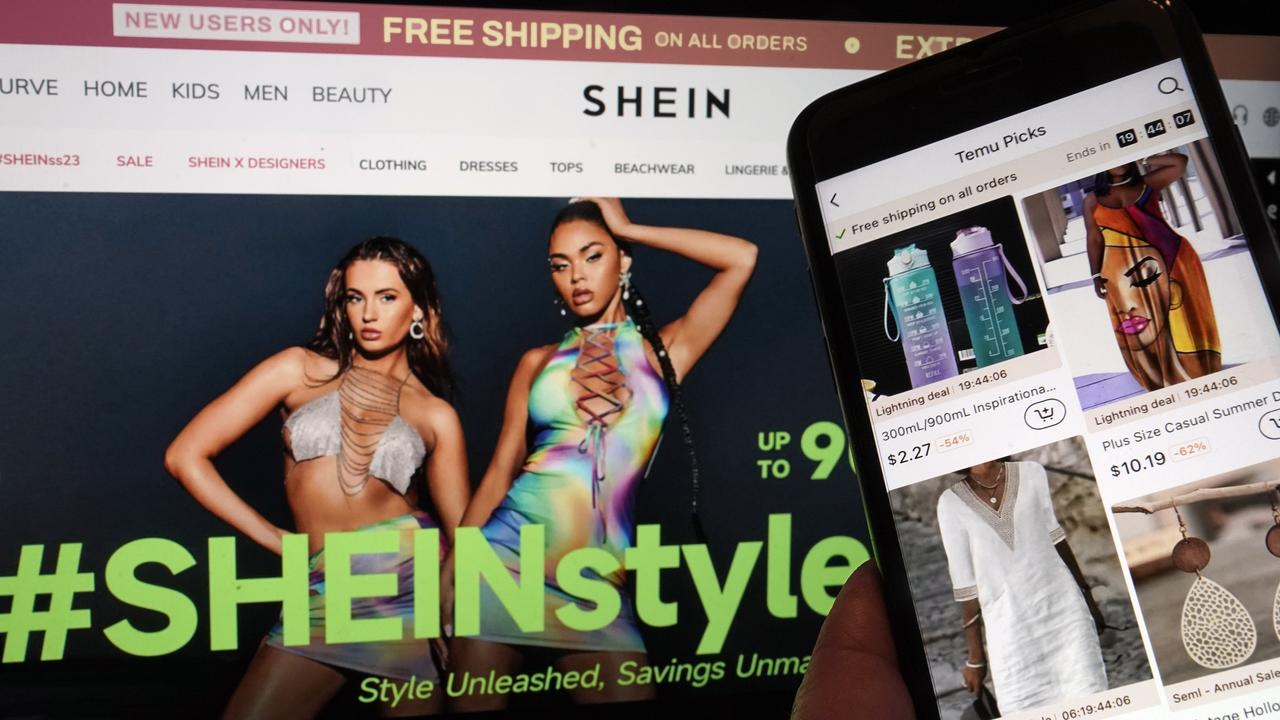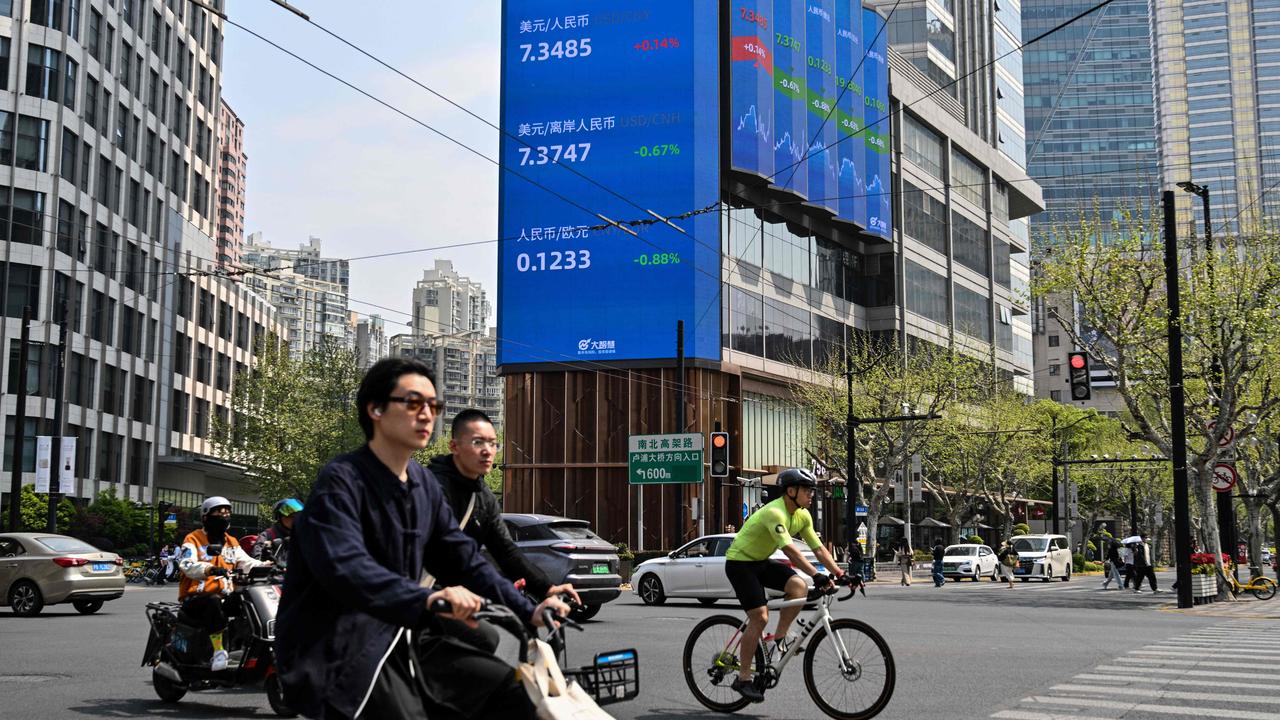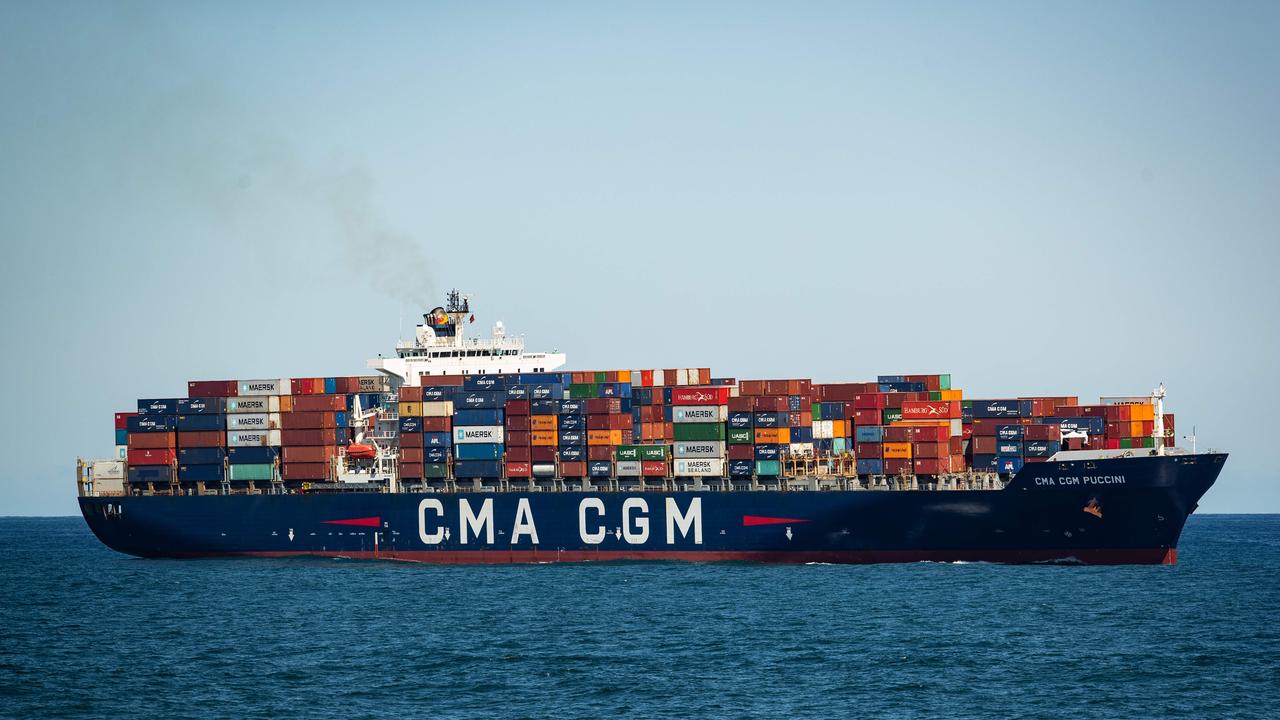Why investors turned on Lululemon, Nike and Crocs but bought Coca-Cola in the shake-out
Investors are beginning to think you might hang on to your Nike runners and your favourite gym tights a little longer in Donald Trump’s tariff war, where consumer prices only go up.
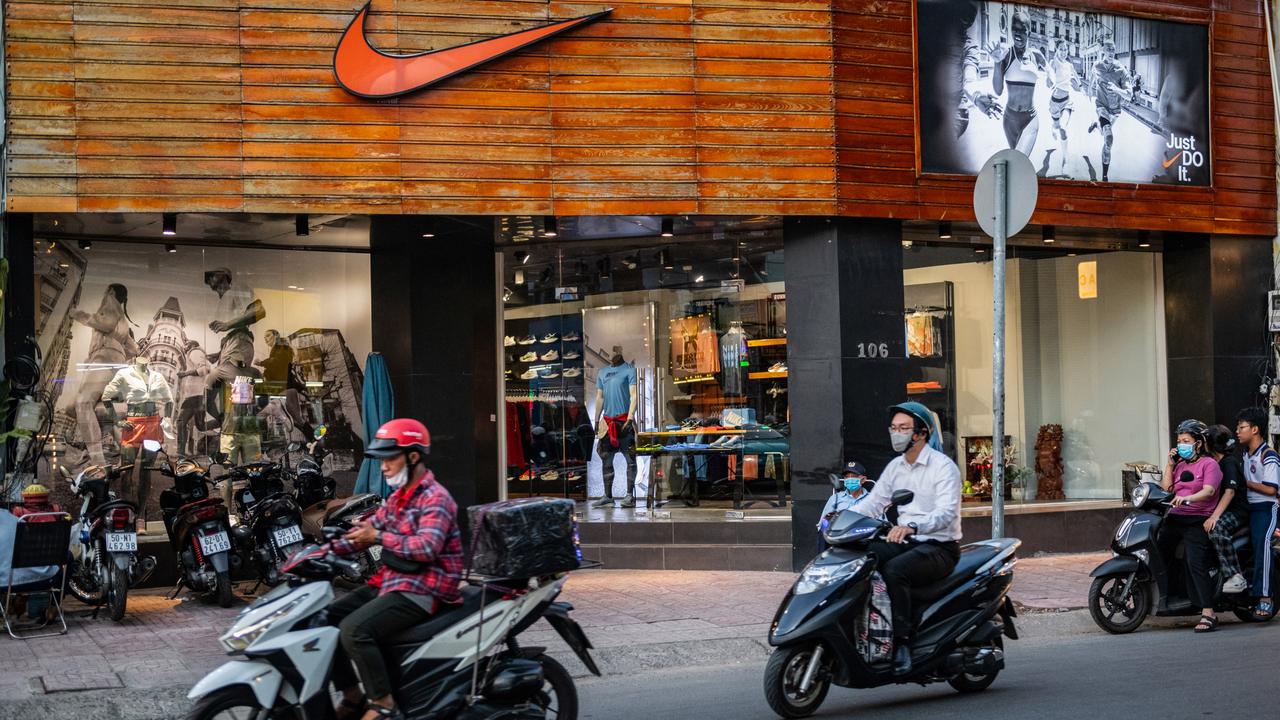
Business
Don't miss out on the headlines from Business. Followed categories will be added to My News.
Investors have made up their minds: consumers will hang on to their Nike runners and favourite gym tights a little longer under Donald Trump’s new tariff regime.
The companies behind some of the most popular consumer brands in the world’s biggest economy were the hardest hit in the S&P 500 shake-out, as the new tariffs threaten to add a premium to shelf prices that will hurt sales.
Investors decided companies that manufacture the majority of their goods outside of the US are the biggest losers in the new trade world order, faced with either passing through increases or absorbing them as the higher cost of doing business. Neither are good for investors.
As legendary value investor Benjamin Graham once wrote, in the short term the market is a voting machine, in the long term it is a weighing machine. Here’s how the Street voted.
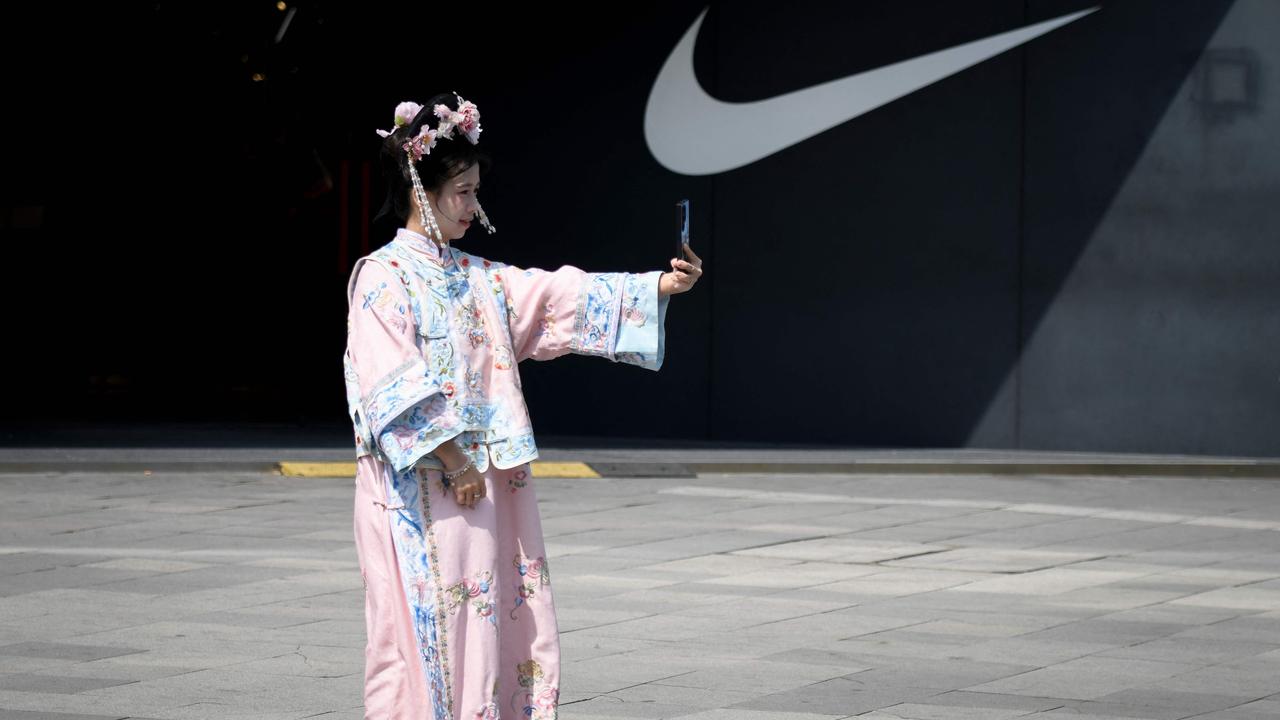
Nike
Nike has major manufacturing operations in the southeast Asian nation of Vietnam.
The country, home to about 100 million people according to World Bank figures, has become known for its clothing manufacturing businesses, from street side tailors to the likes of Nike running shoes and shorts. Nike also manufactures in China.
Overnight, Nike shares tumbled 14.44 per cent to $US55.58, largely driven by investors conscious that tariffs could significantly drive up the cost of apparel and footwear.
Skechers
But Nike wasn’t the only shoe brand to take a major hit. Skechers, a secret favourite among hospitality staff, hospital and aged care health professionals, sank 22 per cent in early trading and closed down 17.06 per cent.
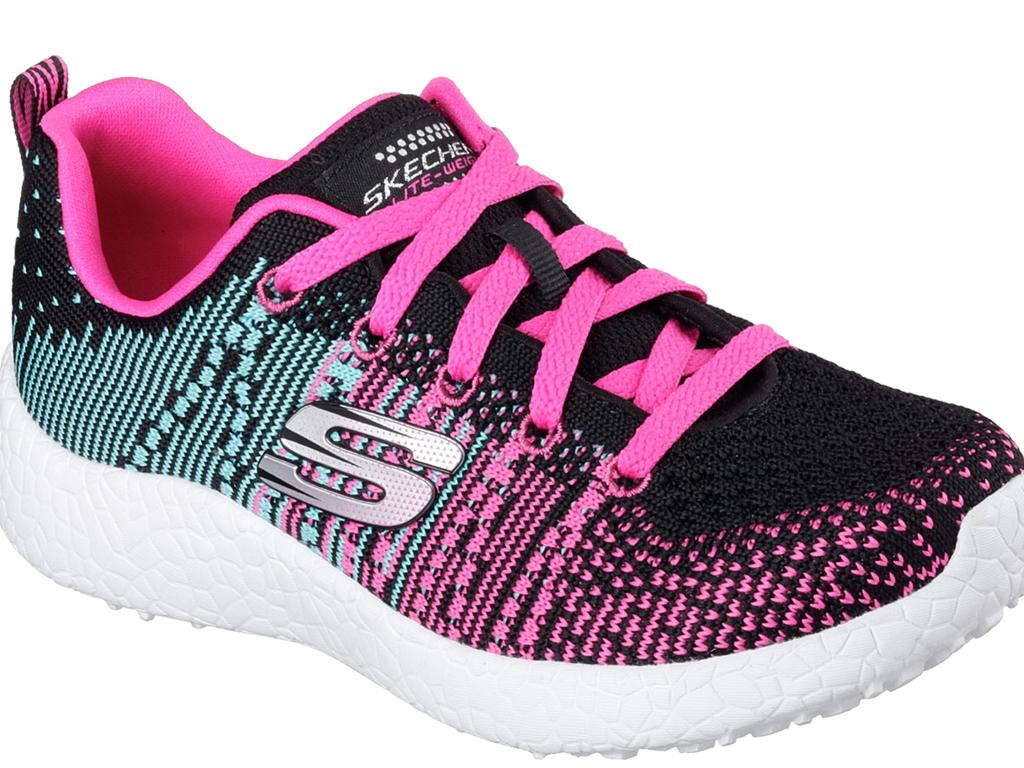
Why? Much like Nike, Skechers has also found a home in Vietnam, which manufactures more than one-third of its shoes. It’s also a customer of China’s factories.
Lululemon
For Nasdaq-listed, Canadian-born Lululemon, it was a tough day in the studio.
The popular maker of leggings will be stretched thin as Vietnam was slapped with a 46 per cent tariff.
The ubiquitous tank tops, sports bras and yoga accessories brand closed down 14.44 per cent at $US9.38.
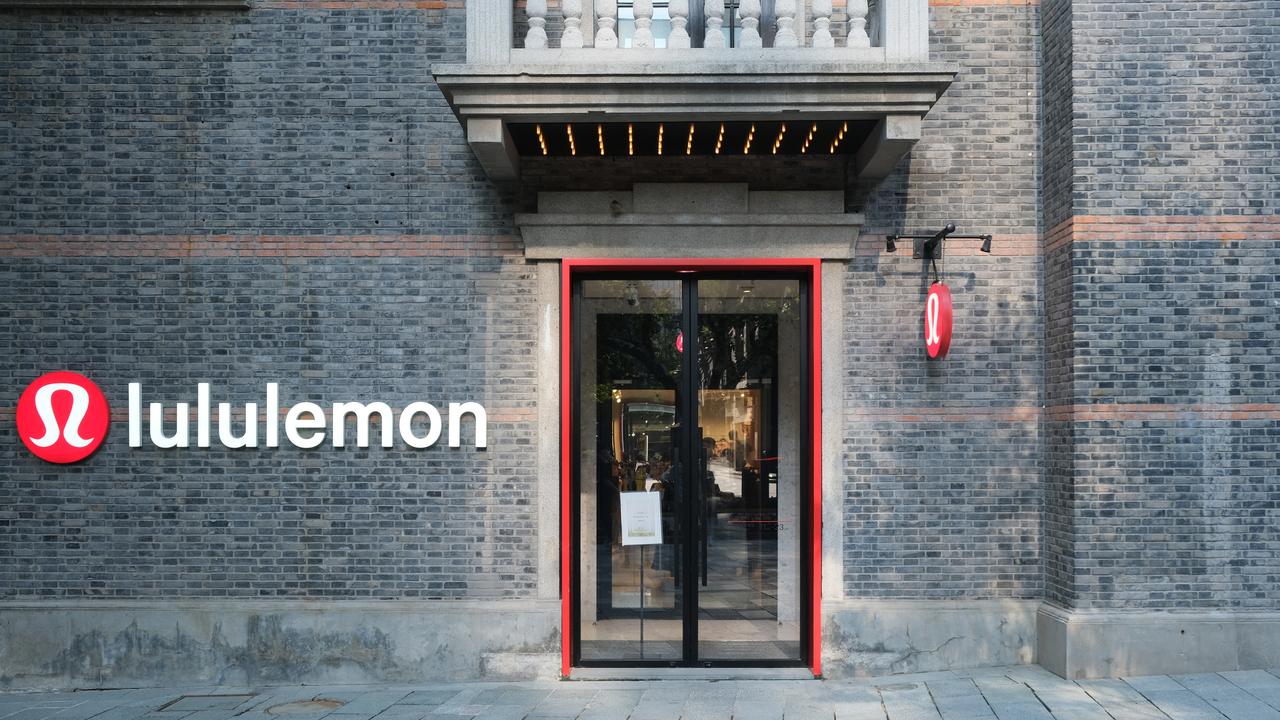
Like its listed counterparts, Lululemon had gone heavy on Vietnam as one of its main manufacturing hubs. The rest is largely made in neighbouring Asian countries, with 90 per cent of its goods manufactured across Asia spanning Cambodia, Sri Lanka, Indonesia and Bangladesh.
Deckers
The parent company of iconic Australian brand UGG also took a major hit, with Deckers closing down 14.49 per cent to $US100.88.
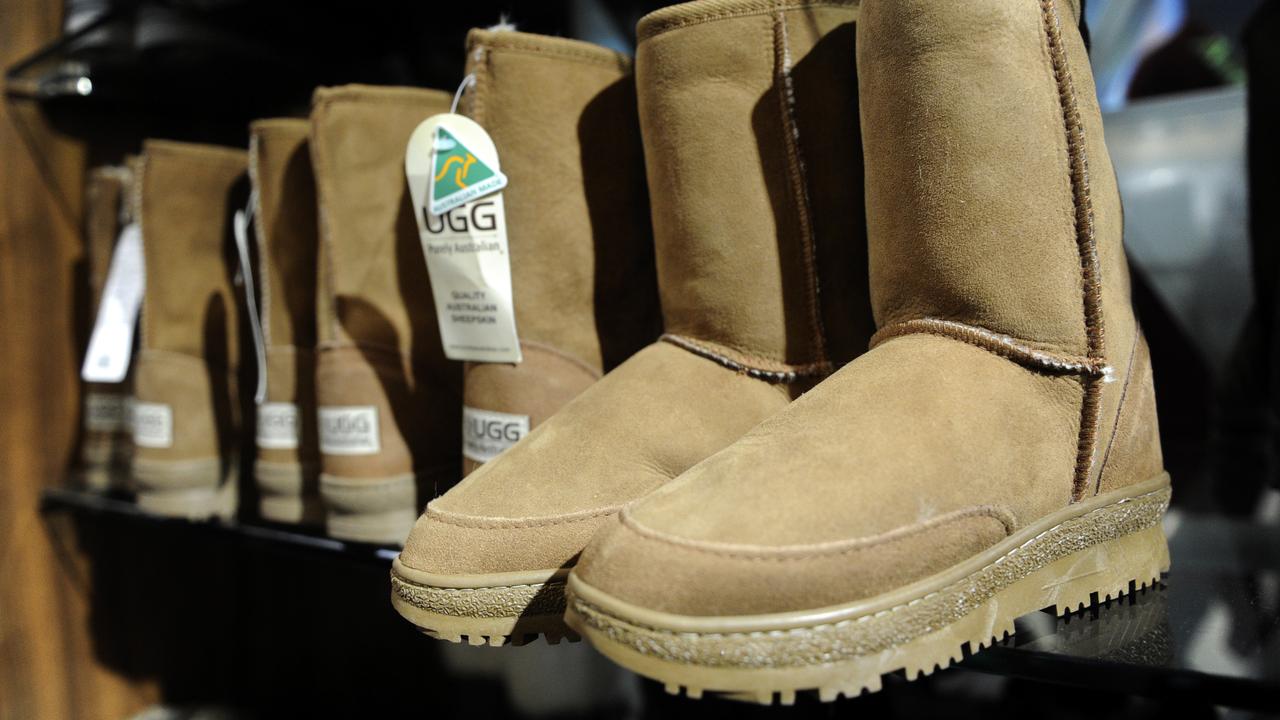
Deckers manufactures the clunky woolly boots in China and Vietnam, some of which now contain synthetic material.
The company also owns sport shoe lines Hoka and Ahnu and streetstyle brand Teva.
Crocs
The manufacturer of rubber boat shoes that somehow made their way into the mainstream and the fashion diaries of Gen Z influencers (socks included), closed down 13.96 per cent at $US95.97 on Thursday.
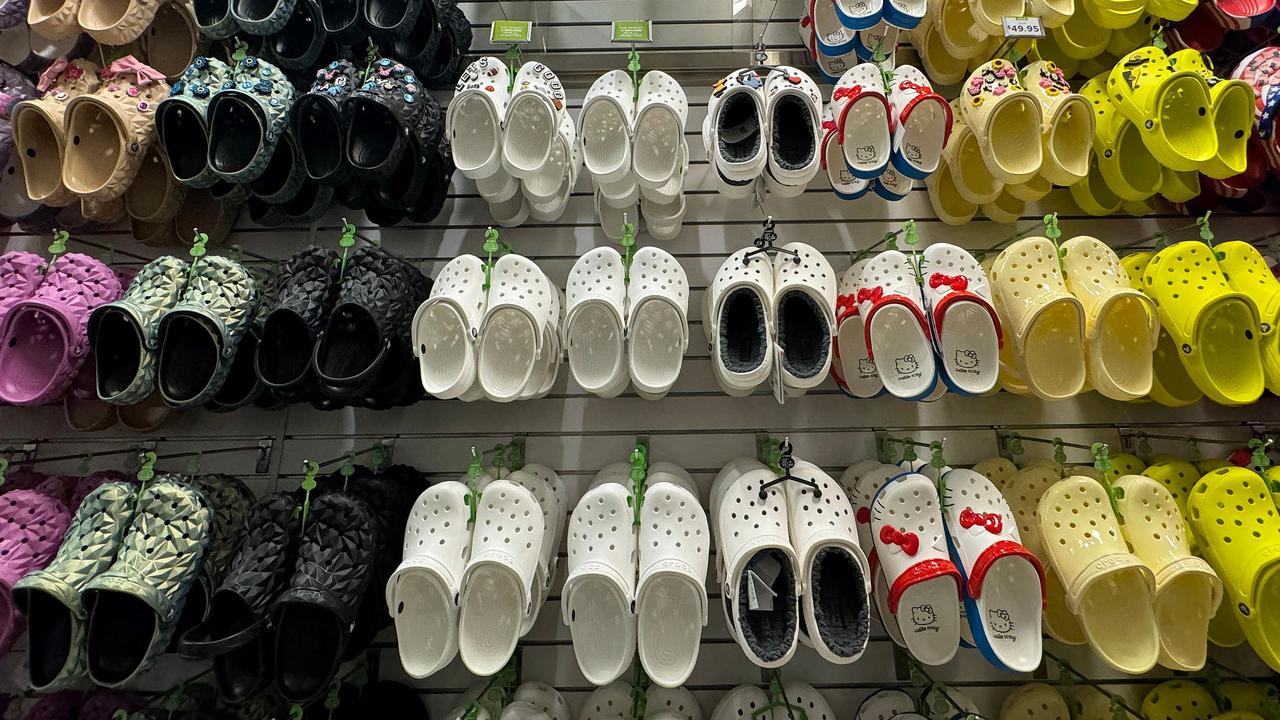
Much like its counterparts, Crocs are manufactured in Vietnam and China. It also has operations in Bosnia.
Coca-Cola
But it wasn’t all bad news.
Investors went strong on Coca-Cola, with its share price rising to an all-time high of $US73.55 on the New York Stock Exchange.
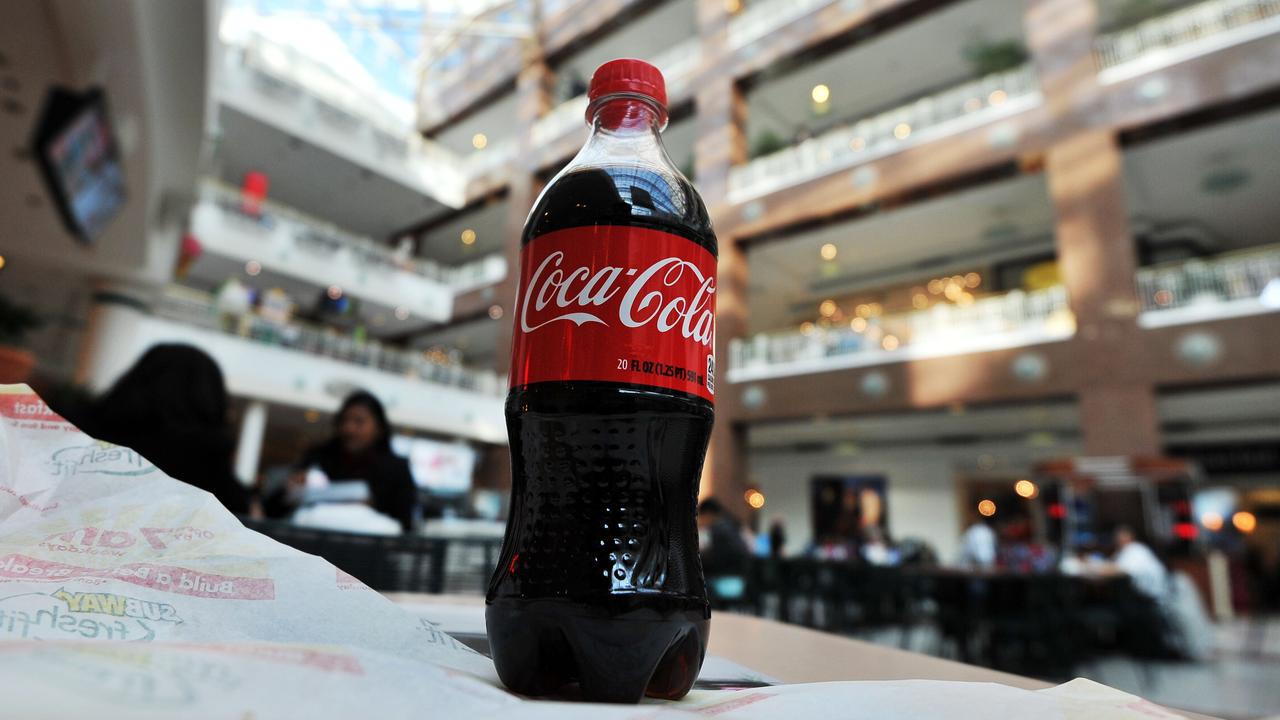
Coca-Cola shares closed up 2.59 per cent at $US73.18, representing a market cap of $US314bn.
It’s unclear why investors got behind the popular fizzy drink bottler which had previously signalled tariffs could hit its production lines and derail its sustainability plans, forcing the company to divert away from aluminium cans and use more plastic. But defensive staples with recurring earnings like listed supermarkets and real estate investment trusts survived the carnage unscathed, for now.
More Coverage
Originally published as Why investors turned on Lululemon, Nike and Crocs but bought Coca-Cola in the shake-out



